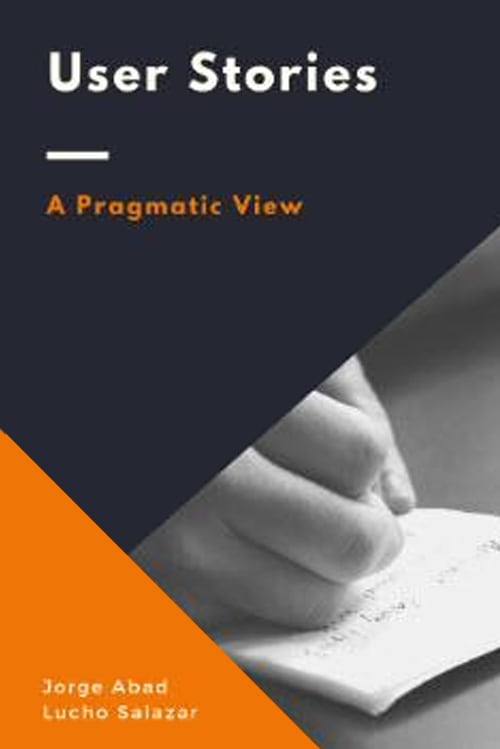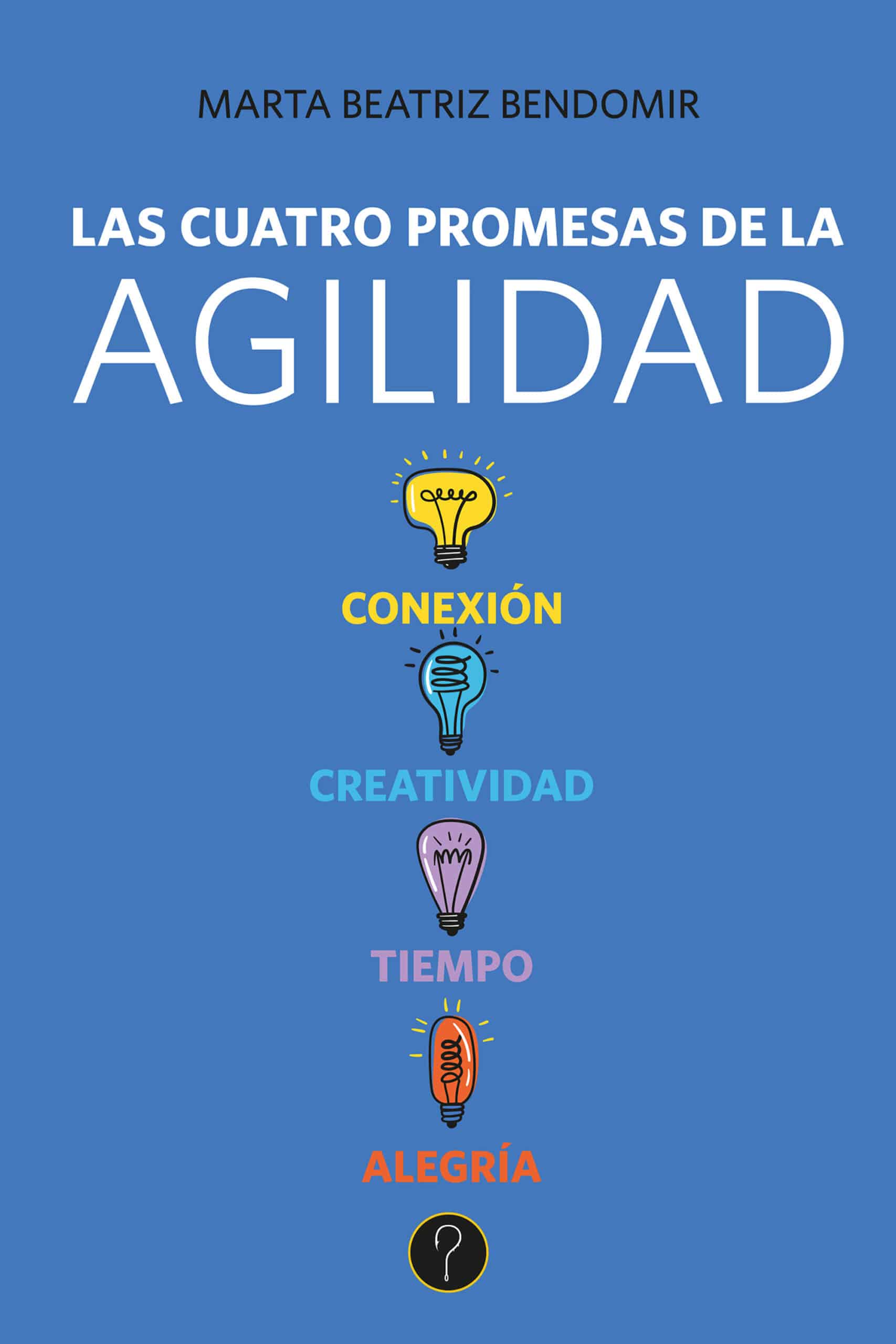Stories are a powerful means to promote cooperation and to teach many things and user stories, as we know, are no exception to this condition. The user stories allow you to create a link between the users or consumers and the product developers. This relationship is the first major step towards the creation and achievement of the pinnacle of admirable products, which positively influence the people who use or consume them and even change them to improve their lifestyle.
This book is a compilation of many previous articles the authors published on their blogs and other specialized sites:
All this added to new material and numerous practical examples that enrich and extend the original work. In this, the authors describe the anatomy of user stories in detail. They intensely addressed the meaning of each of the INVEST attributes and treated different patterns to slice stories, with illustrative lessons.
It also raises diverse ways of representing a user story, emphasizing that the most representative of this instrument are the conversations that it fosters. The underlying message is that the stories are to tell them, not to write them. In the final part, the authors present a Canvas to Talk about User Stories, a visual tool to document various aspects or dimensions of new or existing user stories in the product backlog.
As the authors say in the foreword, they present some of the ways of doing things when it comes to user stories, it is a view, supported by their experience of many years not only in projects and development efforts with Agile and Lean thinking but with other approaches and methods that at this point many people treat as traditionalists.
In any case, the motivation for continuous improvement is present throughout the book and that is the only certainty left by its authors.







